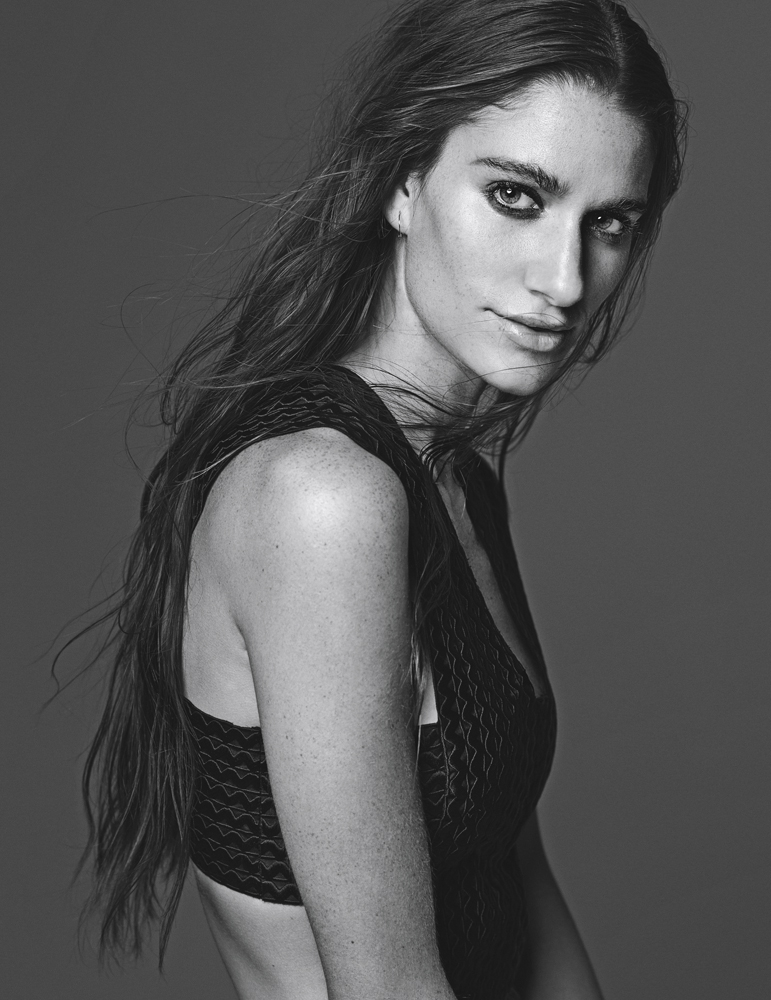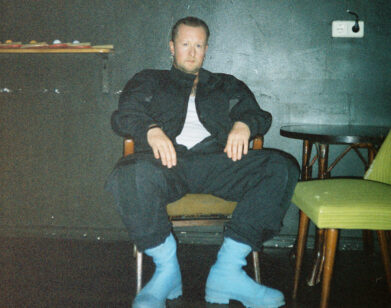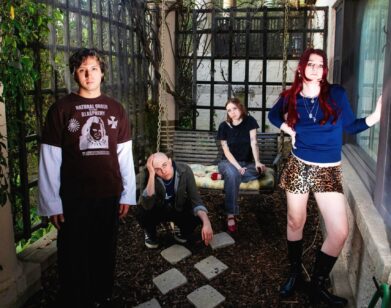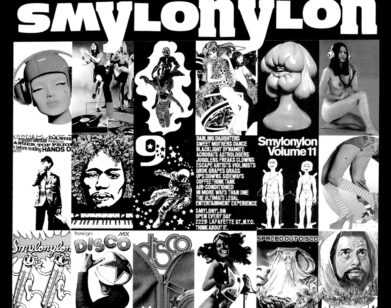Niia
“My dream is to sing a James Bond theme,” explains Niia Bertino, who performs as simply Niia. If anyone is qualified to get her opening-credits-diva on as such, it’s her: The 26-year-old singer-songwriter used to perform musical tributes to 007 in downtown New York boîtes before moving to Los Angeles and putting her career into overdrive with the recent release of her debut solo EP, Generation Blue.
Raised in a musical family in an upper-middle-class suburb of Boston, with a classically trained pianist mother and opera-singer grandmother, Niia found her own calling as a vocal virtuoso while attending Catholic school. After graduating, she moved to New York to study jazz singing at a musical conservatory, supporting herself as a jingles singer. A happenstance audition in a recording studio, however, catapulted Niia into Wyclef Jean’s inner circle. The hip-hop icon brought Niia on world tours as a keyboardist and backup singer, and in 2007 he featured her alongside Akon and Lil Wayne on the Top 20 single “Sweetest Girl (Dollar Bill).” “My experience with Wyclef gave me a secret weapon,” she says. “It was like I went to pop-star boot camp! Now I’m very much ready.”â?¨
Generation Blue’s six tracks make clear that Niia is anything but the typical pop diva, revealing instead an artist unafraid to explore the experience of a complicated young woman, circa now. “Part of me is cold and severe, like Italian architecture, and the other half is my stoic, Helmut Newton side,” she notes. “I walk that fine line in my music.” For the album’s production, Niia enlisted Robin Hannibal, who, as a member of the electro groups Rhye and Quadron, and from his studio work with everyone from Jessie Ware to Pharrell, has been anointed an auteur of 21st-century cosmic soul. As such, he provides an ideal sonic setting for Niia’s multi-octave instrument (it’s no surprise that she’s a Kate Bush obsessive). Niia’s breakout hit, “Body,” combines celestial blue-eyed soul confessionals set to au courant electronica. She says that her lyrical themes stem from “reflections on life and love in the Google Glass age.” The rueful title track dwells on that tension between the organic and the virtual defining our current moment. “It’s about how it’s hard to reach people, even though we’re so connected,” Niia says. “I have a fear of technology. I grew up in big-band jazz summer camp, not Facebooking boys. I don’t know how not to be myself; this journey led me to who I am.”







